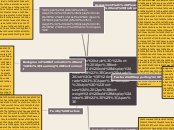по Kamini Weltner 6 лет назад
252
Joti case study
Joti is an eight-year-old student entering grade 3 who has faced several educational challenges due to her status as an English Language Learner and disruptions from extended trips to Bangladesh.

по Kamini Weltner 6 лет назад
252

Больше похоже на это